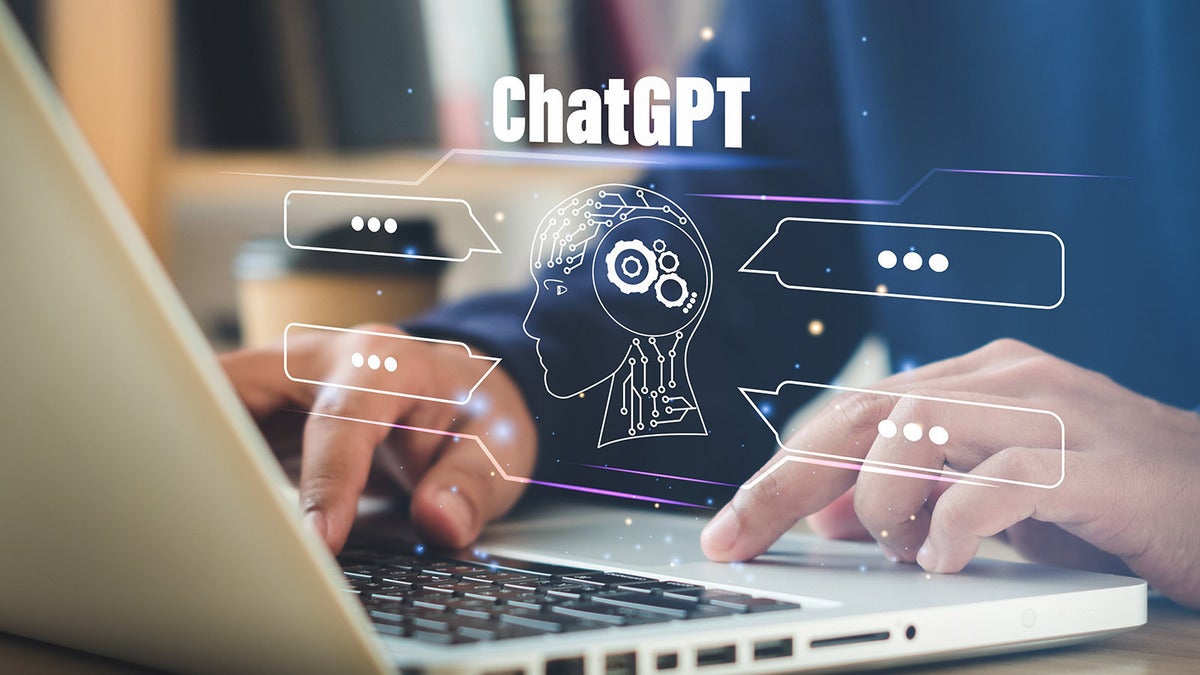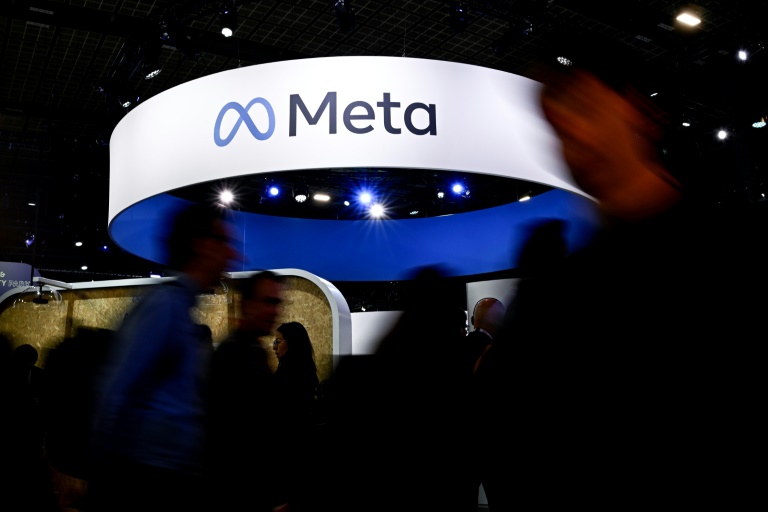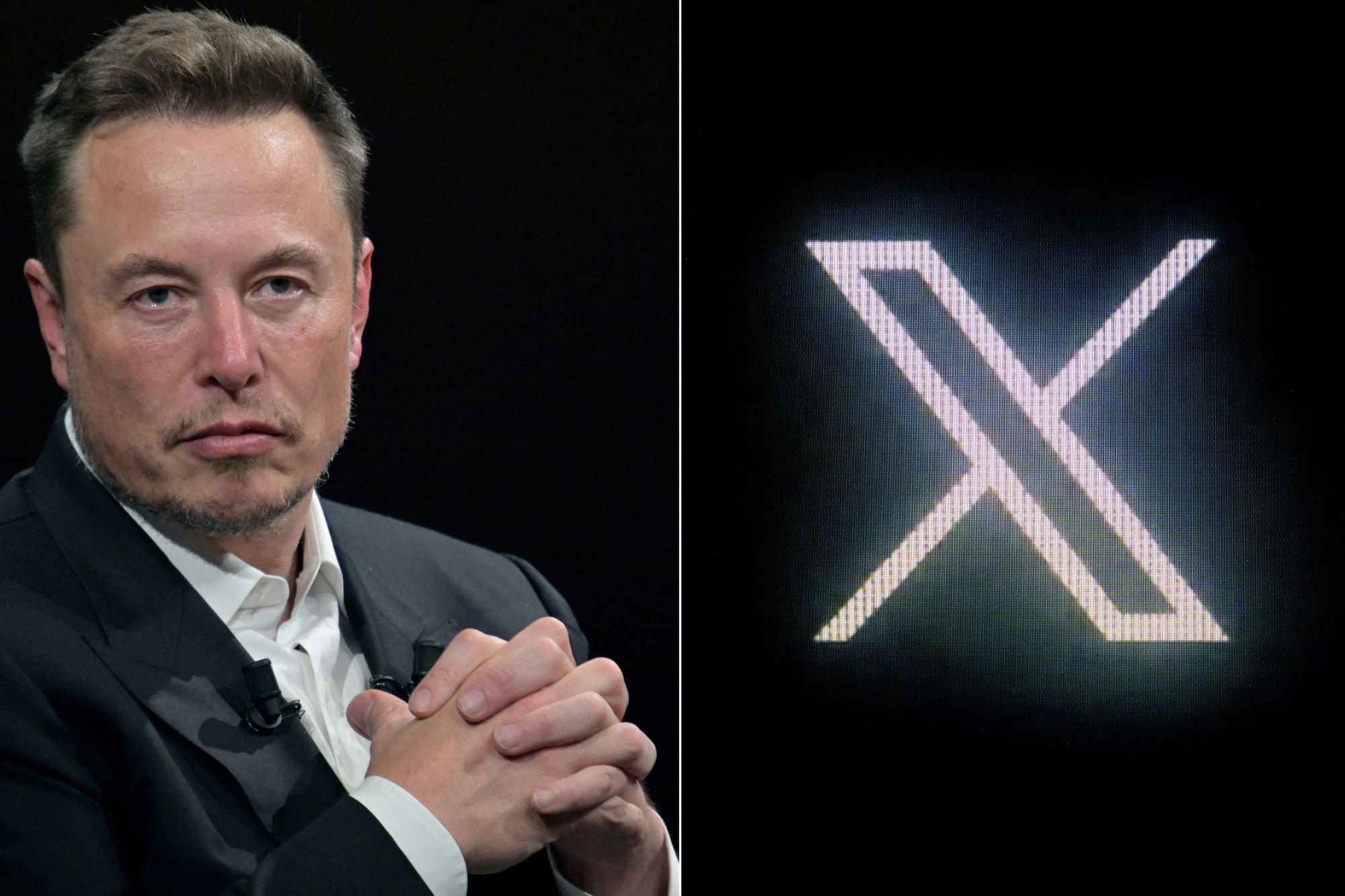OpenAI, the Microsoft-backed company that developed ChatGPT, on Thursday announced support for plug-ins designed to allow companies to more easily embed chatbot functionality into their products.
The first plug-ins have been already been created by Expedia, FiscalNote, Instacart, KAYAK, Klarna, Milo, OpenTable, Shopify, Slack, Speak, Wolfram, and Zapier, OpenAI said.
“We are gradually rolling out plug-ins in ChatGPT so we can study their real-world use, impact, and safety and alignment challenges — all of which we’ll have to get right in order to achieve our mission,” San Francisco-based OpenAI said in a blog post.
The OpenAI plug-ins are tools designed specifically for language models that help ChatGPT access up-to-date information, run computations, or use third-party services.
The plug-ins enables for the first time ChatGPT Plus to access live web data versus information the large language model was already trained on.
Users can click on and upload any number of the current plug-ins offered. For example, users of grocery delivery service Instacart can upload the ChatGPT plug-ins and begin using the natural language processor to ask it for things such as restaurant recommendations, recipes, ingredients for a meal, and the total calorie count of that meal.
An example of a question might be: “I’m looking for vegan food in San Francisco this weekend. Can you offer me a great restaurant suggestion for Saturday, and also a simple meal recipe for Sunday (just the ingredients)? Please calculate the calories for the recipe using WolframAlpha.”
“Users have been asking for plug-ins since we launched ChatGPT (and many developers are experimenting with simlar ideas) because they unlock a vast range of possible use cases,” OpenAI said.
The generative AI developer said it’s planning to gradually roll out larger-scale access as it learns more from plug-in developers, ChatGPT users, and after an alpha period.
Arun Chandrasekaran, a distingushed vice president analyst with Gartner, said one of the challenges with applications such as ChatGPT and their underlying AI models (such as GPT-4) is their static nature; that arises from the gap between training cut-off dates for companies and actual application model release dates.
"Through a plug-in ecosystem, ChatGPT could now handle more real-time information from a set of curated sources," Chandrasekaran said. "They are announcing both first party plug-ins, which allows ChatGPT to connect to internet sources for providing more up-to-date information, as well as third-party sources such as Expedia, OpenTable. On the flip side, this also increases the attack surface and potentially more latency domains in the architecture."
OpenAI recognized the "significant new risks" associated with enabling external tools through ChatGPT.
"Plugins offer the potential to tackle various challenges associated with large language models, including “hallucinations,”…”
2023-05-05 07:30:04
Original from www.computerworld.com

















